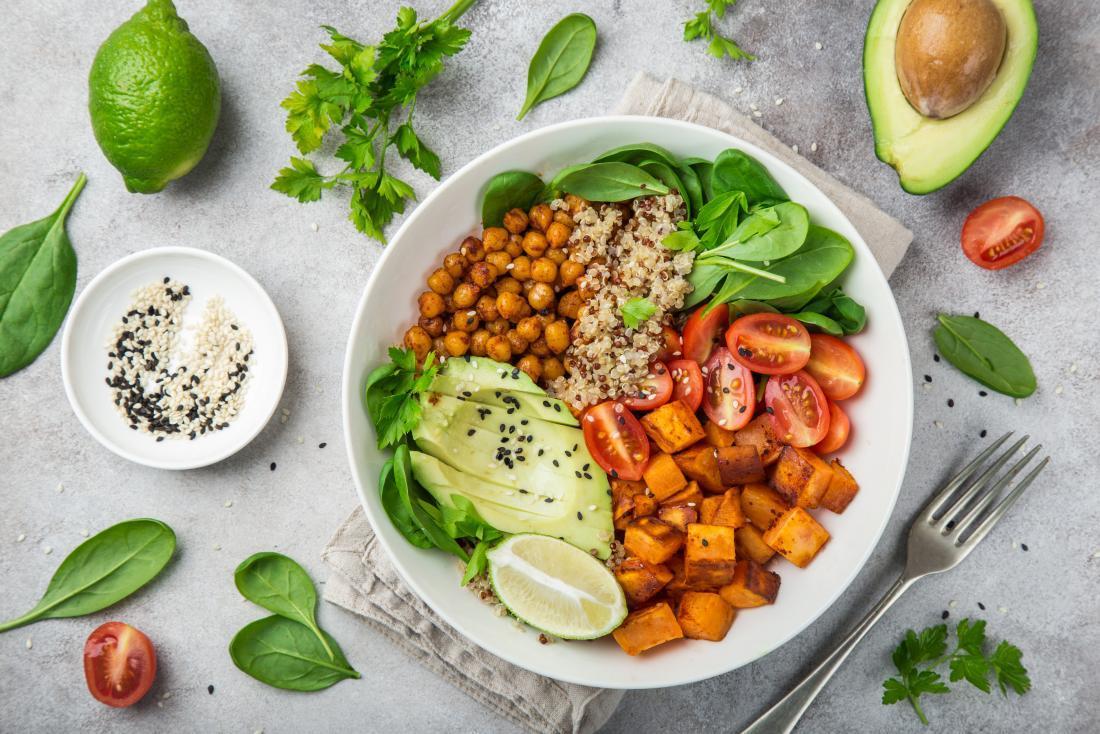
PCOS, Fertility, and Diet
Healthy Eating Tips for PCOS Patients Undergoing Fertility Treatment
If you have Polycystic Ovary Syndrome (PCOS), your doctor has probably already talked to you about the importance of staying healthy and controlling your weight through diet and exercise. Most of the health problems associated with PCOS are a complication of weight gain and obesity.
If you have PCOS and you’re trying to get pregnant, diet and exercise are even more important. There are a couple of reasons for this:
PCOS can cause weight gain and obesity, and for some women, that can affect hormone levels. By losing 10% or more of your body weight you can reverse this effect and normalize your hormone levels. Some women will even start ovulating and, therefore, menstruating regularly again. This makes it easier to get pregnant, possibly spontaneously too.
PCOS can also raise your levels of insulin, a hormone that helps your body turn sugar into energy. Too much insulin can impair normal hormone production from the ovaries, preventing ovulation and making it difficult to conceive. By eating less sugar and simple carbohydrates you can reduce your insulin levels.
Regular exercise should be a part of your lifestyle. Exercising for a minimum of thirty minutes three or more times weekly will also help you to expend calories and prevent weight gain.
Taking metformin, a medication that is FDA-approved to treat PCOS, may also help you control your weight. This medication regulates blood sugar, preventing hyperglycemia and, therefore, preventing elevations in insulin levels. Many women find it easier to stabilize or even lose weight with a healthy diet and exercise while taking metformin.
What foods should I avoid?
If you have PCOS and you’re trying to get pregnant, it’s important to limit the amount of sugar and simple carbohydrates in your diet. Not only will this help lower your insulin levels, but it can also help you lose weight—both of which are important for fertility.
The most obvious way to avoid sugar is to limit sweet treats in your diet, such as:
- Soda
- Juice
- Ice cream
- Sugary breakfast cereal
- Candy
But there are other foods that you might not think of, simple carbohydrates, which are just as likely to cause weight gain and insulin production. Some examples include:
- White bread
- Pizza dough
- Pasta
- White rice
What foods should I add to my diet?
High-fiber foods slow down digestion and help lower insulin levels. Try adding high-fiber fruits, vegetables and grains to every meal, such as:
- Broccoli, cauliflower, and brussels sprouts
- Greens, including spinach, red leaf lettuce and arugula
- Beans and lentils
- Nuts, such as almonds or walnuts
- Berries
- Complex carbohydrates are ok, including:
Whole grain or multigrain bread
Whole wheat pizza dough
Whole wheat pata
Brown rice - Most importantly, portion control

